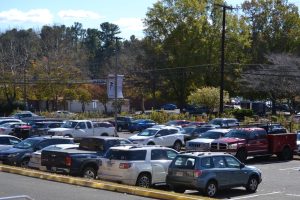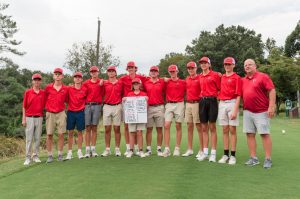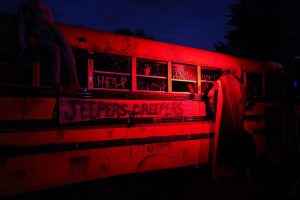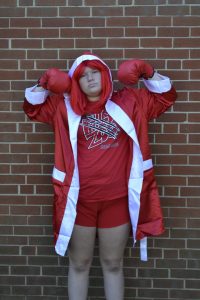Math club has class
April 30, 2013
Students inspired by the mysteries of mathematics can now participate in co-curricular activities in Math Club, sponsored by math teacher Ann Meyer. Led by juniors Sierra Aceto and Jennifer Elliot, the club meets every other Friday.
“Our main objective right now is just to show people that math can be fun,” Aceto said. “Everyone’s welcome, and if students don’t understand a topic, we’ll teach you so that you will understand it.”
Meyer decided to create Math Club as a forum for exploring the more exciting aspects of the subject that cannot be covered in class.
“The way our math curriculum is structured, we rush through everything,” Meyer said. “We don’t get time to explore and savor the beautiful parts of math. I wanted kids who are really interested in that to explore it.”
Math Club plans to have activities outside of the school.
“At the moment, there’s a lot of planning going on,” Aceto said. “We have an idea set in motion about a possible field trip to New York for next year. But anything involving math that seems interesting, we’d do.”
The club hopes to join Mu Alpha Theta, a mathematics honors society, to take part in competitions and other national events. To become part of Mu Alpha theta, all members must sign a petition to start a chapter.
“To be in Mu Alpha Theta, you have to have completed Algebra I and II and have to be enrolled in a course beyond that,” Aceto said. “So not all freshman and sophomores are eligible to join yet.”
Math Club will also have representatives from colleges come speak about scholarship opportunities available by participating in the club.
“It’s nice because it’s getting together with other people who are interested in the same thing,” said Aceto. “Finding math fun is something most people find strange, so it’s cool to understand that it’s something that can be used around the world constantly.”
On April 19, Suzannah Simmons, a graduate of St. John’s University, spoke about learning math by reading ancient mathmeticians, emphasizing that math is more than just formulas.
“[Math] is a way of seeing things and thinking about things,” Meyer said. “The math universe isn’t just about memorizing formulas, but about the philosophy of math – the systems those formulas operate in.”
During meetings, members play games and learn about more obscure elements of mathematics.
“We don’t get to touch on many things in math class that can really be interesting,” Elliot said. “We’ve talked about math puzzles, paradox cases, but sometimes we just play math games or do logic puzzles. Sometime in the future, I know we’re discussing hexaflexagons.”






